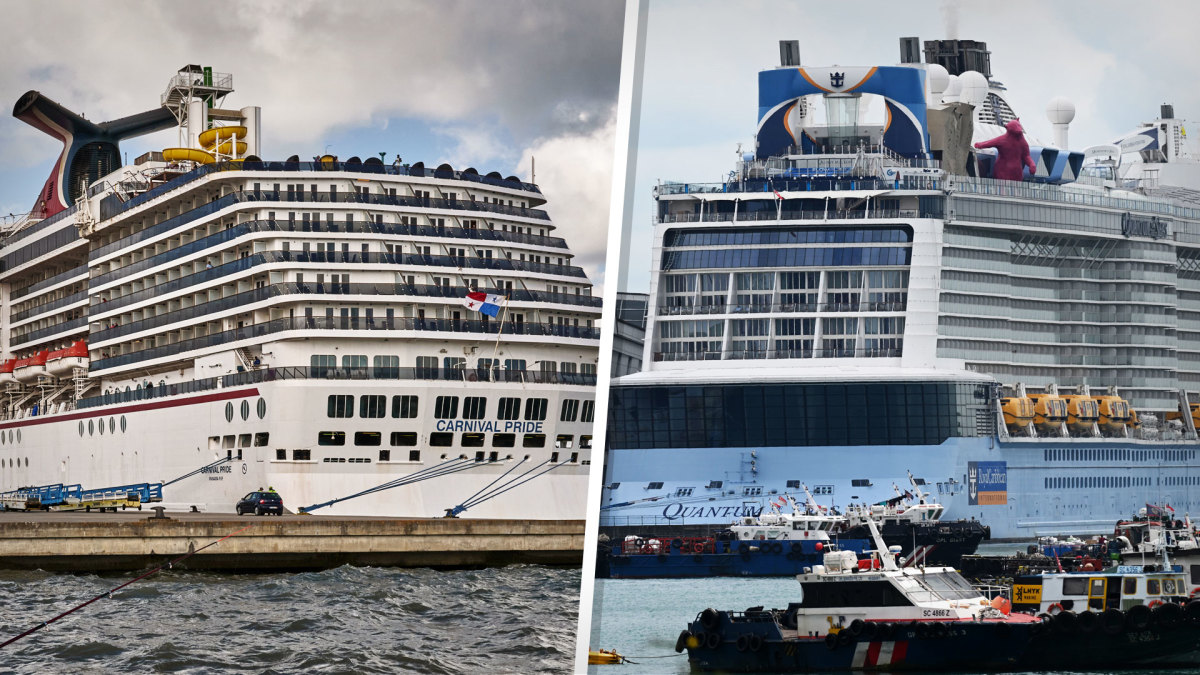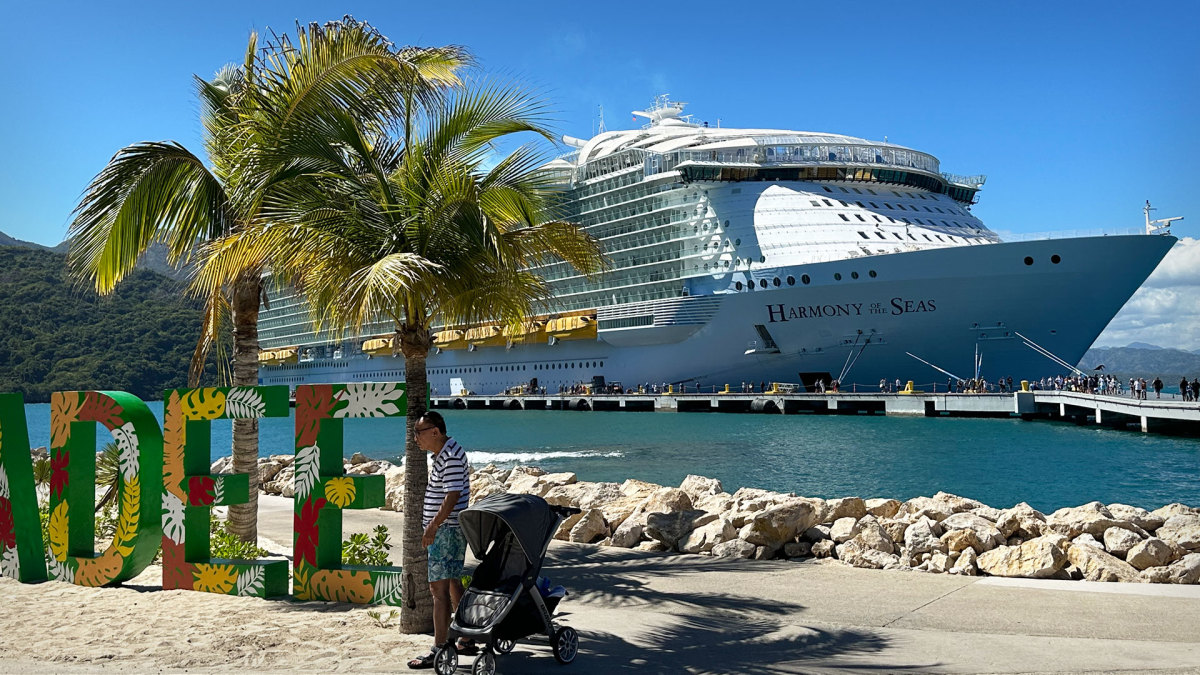
Prices for cruises have steadily increased since the entire industry returned from its covid pandemic-related shutdown. In those early days, the major cruise companies slowly brought their fleets back online with ships sailing well below full capacity.
That, of course, was due to social distancing requirements and rules set by the Centers for Disease Control, but demand was soft. Customers, at least in those early days, were wary about getting on ships because even with low passenger counts, tight quarters can spread viruses quickly.
Related: Carnival Cruise Line addresses a dress-code controversy
Since the July 2021 return to sailing, however, demand has steadily picked up. Vaccines and lower infection rates helped people get past their fears and both Royal Caribbean (RCL) -) and Carnival — the two largest cruise companies in the United States — have seen demand (and prices) rise.
There are still bargains to be had (usually on older ships) but prices have returned, and in some cases, exceeded 2019 levels. That's good news for the industry and bad news for passengers who had gotten used to the lower post-pandemic fares.
Cruise fares, however, are generally demand-based. Royal Caribbean or Carnival Cruise Line (CCL) -) could opt to take less than they could get in the interest of creating goodwill, but that's generally not what happens.
Aside from cruise fares, however, both cruise lines have seen prices rise in ways they control, and sometimes in ways they don't.

Image source: Daniel Kline/TheStreet
Carnival and Royal Caribbean passengers face a new fee
Royal Caribbean and Carnival control prices for things like internet service, excursions, specialty dining, and unlimited drink packages. Both companies have seen increases in onboard revenue from customers buying those things mixed with higher prices.
In some cases, the two cruise lines use a different structure. Carnival, for example, has a fixed daily price for its Cheers beverage package (although you pay a higher fixed price if you buy it onboard).
Royal Caribbean uses dynamic pricing for its unlimited Deluxe Beverage package so two passengers on the same sailing may have paid different prices. Neither cruise line, however, controls the port fees and taxes set by the various locations their ship's stop.
Those are directly passed on to all customers and you have to pay them even if you never intend to get off the ship. Two popular ports visited by many Carnival and Royal Caribbean ships (as well as other cruise lines) may soon add a new tax that all cruise ship passengers would have to pay.
It's a small fee, but it will be noticed
In most cases, when a tax gets added or raised, both Carnival and Royal Caribbean pass that fee onto customers. That generally includes customers who had already made payment.
That would likely happen should the Mexican state of Quintana Roo, which includes both Cozumel and Costa Maya, pass a proposed new $5 tax on all cruise ship passengers. That tax could be added as soon as January 2025.
The funds would be "earmarked for tourism infrastructure projects and natural disaster recovery," Cruise Hive reported.
Both Royal Caribbean and Carnival collect port fees and taxes when customers reserve their cruises. Traditionally, when a fee gets added by a port after a cruise has booked, but before it has sailed, they generally add that fee to passengers bills.
That can sometimes lead to customers having an unpaid balance on a cruise they had already paid. The cruise line's generally just collect those fees onboard, but it's not a great customer service experience as even at $5 per person, it's still the price of a cruise rising after it has already been paid, at least for some passengers.
"Approximately 30% of the funds would be directed to the Trust for the Attention of Natural Disasters, which would help mitigate damage from hurricanes, flooding, and other natural events. This could include emergency recovery projects and repairs, as well as funds to citizens and residents impacted by such disasters," according to Cruise Hive.
The new fee, which is likely to be adopted, will generate $20-$25 million a year.







